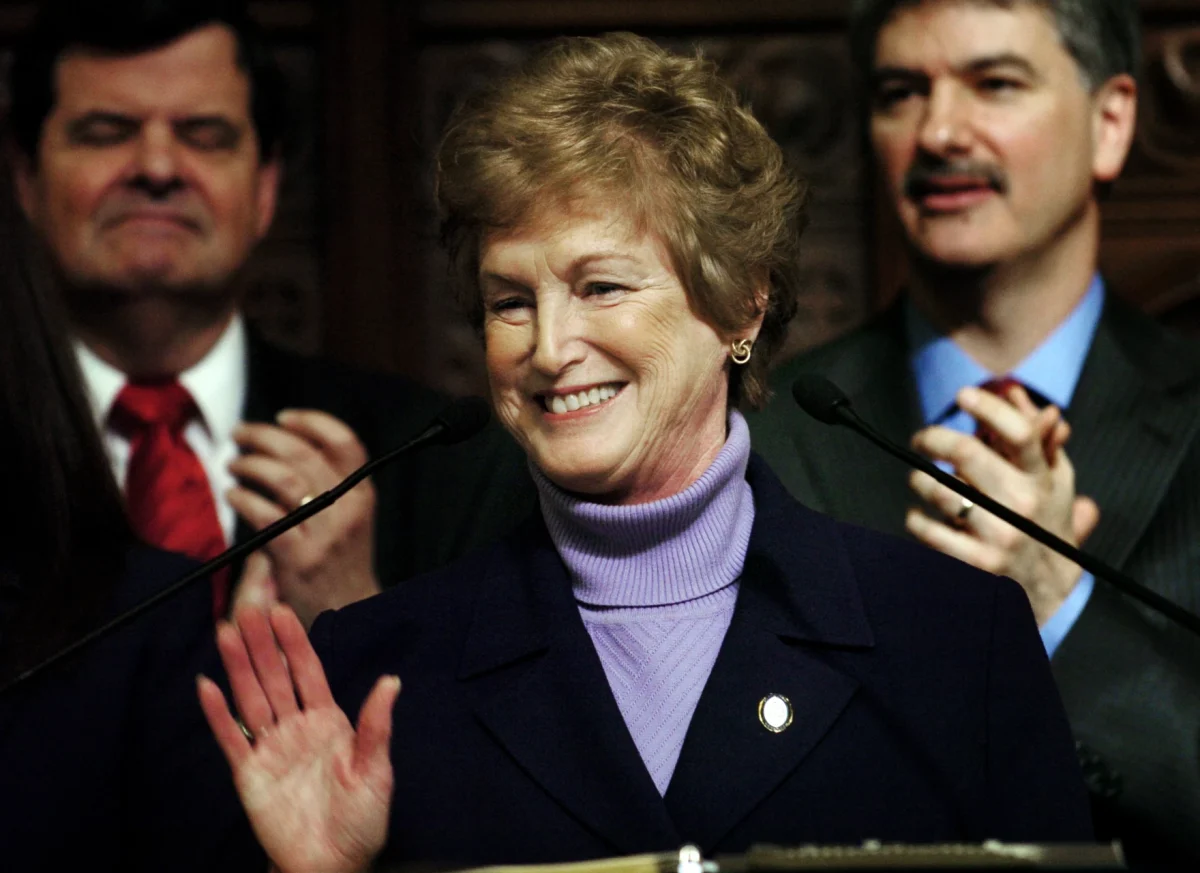A new controversy has emerged around the use of campaign songs by political candidates.
The fight over which songs can and cannot be used, along with the public political stances taken by artists, has ignited debates among fans.
Kamala Harris and Donald Trump have each used music to help communicate their campaign’s values and reach core supporters. At Harris’s rallies and at the Democratic National Convention (DNC), the playlist has featured a blend of current hits and civil rights anthems. Songs by Beyoncé, John Legend, and Lizzo have been at the forefront, which appear to reflect Harris’s message of unity, empowerment, and progress. The music often appeals to a younger (Gen Z) more diverse voter base, and symbolizes her campaign’s focus on inclusivity and social justice.
Donald Trump has welcomed a different musical tone at his rallies and at the Republican National Convention (RNC). His events have been filled with classic rock, country, and patriotic tunes, including tracks from artists like Lee Greenwood and the Rolling Stones that have threatened legal action against Trump.
Harris has received endorsements from a variety of high-profile music artists, including Taylor Swift, Billie Eilish, and John Legend, all of whom have spoken about the importance of issues like LGBTQ+ rights, racial equality, and climate change.
Taylor Swift’s endorsement has been a game-changer for the Harris campaign. Swift, who has one of the largest and most loyal fan bases in the world, praised Harris for her progressive stance on women’s rights and social justice, and helped cause a significant surge in youth engagement and support for Harris. This rise in support of Harris has helped build momentum with Gen Z voters, especially voters who may not have been as politically engaged before Taylor Swift’s endorsement.
For his part, Trump has received backing from conservative-leaning musicians. Kid Rock and Ted Nugent are among the most vocal supporters of Trump’s campaign. The artists praise Trump’s stand on issues such as gun rights and American sovereignty. Trump’s rallies frequently feature songs by artists such as Lee Greenwood, who has performed “God Bless the U.S.A.” at Trump events.
Despite these endorsements, both Trump has faced notable pushback from musicians whose songs were used at political events without permission. Trump’s campaign has involved numerous controversies with artists like the Rolling Stones, Neil Young, and the state of Isaac Hayes. Each of these artists and their estate has publicly denounced Trump for using their songs at his rallies without authorization, as their values did not agree with Trump’s.
The Rolling Stones threatened legal action when their iconic song “You Can’t Always Get What You Want” was played at Trump rallies. Tom Petty’s estate issued a cease-and-desist letter when “I Won’t Back Down” was used at a Trump event.
A judge on Sept. 3 blocked Trump and his campaign from playing a song by the late singer and at his rallies, at least while a lawsuit from the artist’s family seeking a permanent injunction is actively being considered in court.



